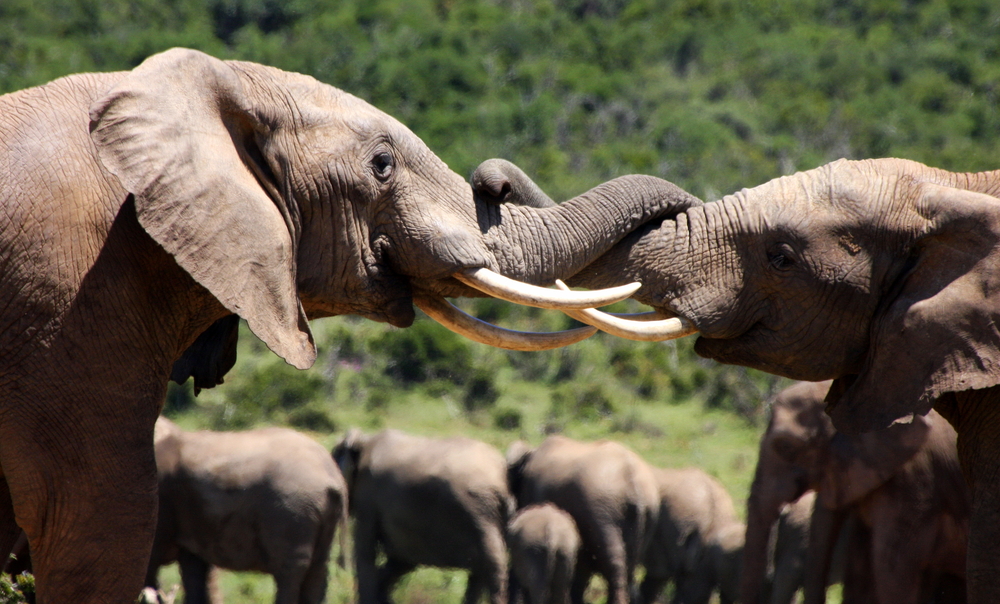World News
Officials: Wildlife products may finance terrorism
NEW YORK — The U.S. government is stepping up its crackdown on the illegal trafficking of wild animal products across the nation’s borders, saying some may be linked to terrorists, federal officials said Monday.
“Poaching in Africa is funding terrorist groups,” U.S. Trade Representative Michael Froman told a news conference at Kennedy International Airport.
He said such illegal trade is a threat to global security because it’s driven by criminal elements, including terrorists using profits from items such as rhinoceros horns and elephant tusks to finance their activities.
On display in an airport cargo warehouse operated by the U.S. Customs and Border Protection was a collection of wildlife products seized at Kennedy – from ivory disguised to look like a wooden statue and the stuffed heads of a lion and leopard to handicrafts, artworks and musical instruments hiding animal parts.
The single priciest item was a rhino horn. It fetches $30,000 per pound – or about 30 percent more than its weight in gold.
Paul Chapelle, the agent in charge of New York for the U.S. Fish and Wildlife Service, said one horn case resulted in 16 arrests, including that of a mobster from Ireland now serving 13 months behind bars.
A dead elephant is worth about $18,000 – mostly from the tusk. Also seized was a small rhino horn libation cup worth tens of thousands of dollars.
Kennedy handles the largest cargo volume of any U.S. airport, about $100 billion a year, said Patrick Foye, executive director of the Port Authority of New York and New Jersey, which runs the airport.
And the wildlife element plays an especially powerful role in national security, said Froman, the chief U.S. trade negotiator and adviser to President Barack Obama.
More than 20,000 elephants were killed last year along with about 1,000 rhinos, meeting a rising world demand resulting in declining populations across Africa, according to officials with the Convention on International Trade in Endangered Species of Wild Fauna and Flora.
This treaty was signed by more than 170 countries to protect animals that end up as contraband including live pets, hunting trophies, fashion accessories, cultural artifacts and medicinal ingredients.
U.S. trade officials believe that groups benefiting from the poaching include the militant Lord’s Resistance Army in Uganda and South Sudan, the Janjaweed comprised of Sudanese Arab tribes, and al-Shabab, a jihadist group based in Somalia.
In February, Obama approved a new strategy for fighting trafficking through enforcement, as well as partnerships with other countries, communities and private industry. For the first time, U.S. officials are asking trading partners to agree to conservation measures for wildlife and the environment in return for signing agreements.
Kennedy customs officials are reaching out to local businesses, plus auction houses like Christie’s and Sotheby’s and even Carnegie Hall to alert them to illegally traded valuables that may come their way.






















